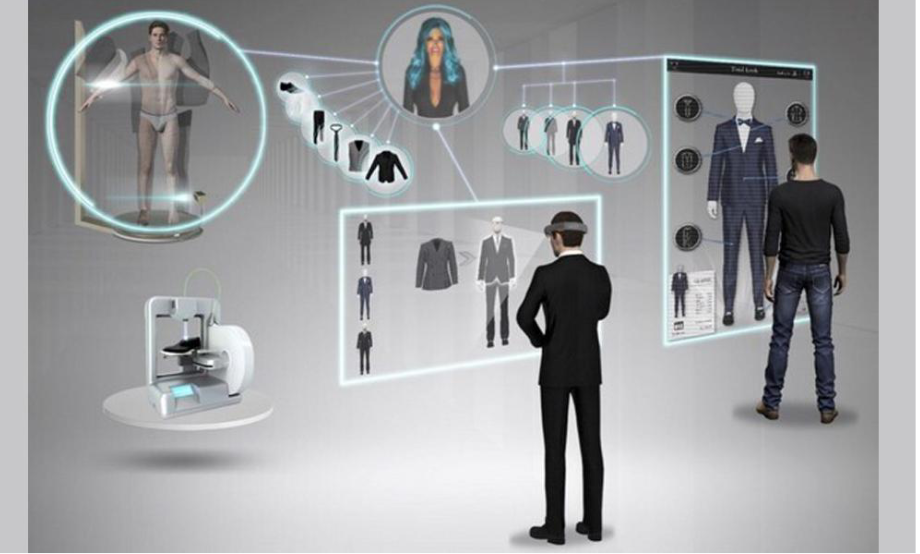Artificial Intelligence (AI) is revolutionizing the fashion industry, driving innovation and efficiency across various segments. From design and production to marketing and customer service, AI technologies are reshaping how fashion brands operate in today’s competitive landscape.
AI in Design and Production
In the realm of design, AI in fashion analyzes vast amounts of data to predict fashion trends accurately. By processing data from social media, runway shows, and consumer behavior, AI helps designers understand emerging styles and preferences. This insight allows brands to create collections that resonate with their target audience, minimizing the risk of unpopular designs.
Moreover, AI enhances production processes by optimizing supply chain management and manufacturing workflows. Predictive analytics powered by AI predict demand patterns, reducing overproduction and waste. This not only cuts costs but also supports sustainable practices within the industry.
Enhancing Customer Experience
AI’s impact extends beyond the design studio and factory floor into retail and customer service. Chatbots equipped with natural language processing (NLP) provide personalized shopping experiences, offering product recommendations based on individual preferences and past purchases. This level of customization enhances customer satisfaction and boosts sales conversion rates.
Marketing and Sales Optimization
In marketing, AI algorithms analyze consumer data to create targeted advertising campaigns. By segmenting audiences and predicting purchasing behavior, AI helps fashion brands deliver tailored messages across digital platforms. This targeted approach increases marketing efficiency and maximizes return on investment.
Additionally, AI-powered image recognition technology enables brands to monitor social media for mentions of their products. This real-time feedback allows companies to respond quickly to trends and customer feedback, fostering brand loyalty and engagement.
Future Trends: Generative AI in Fashion
Looking ahead, generative AI is set to redefine fashion design processes. Generative AI algorithms, trained on vast datasets of fashion styles and patterns, can autonomously generate new designs based on specified criteria. This technology empowers designers to explore innovative concepts rapidly, pushing the boundaries of creativity in fashion.
Furthermore, generative AI consulting services are becoming integral for fashion brands seeking to harness this technology effectively. Consulting firms specializing in generative AI provide expertise in implementing AI solutions tailored to the unique needs of the fashion industry. These services encompass everything from algorithm development to deployment and maintenance, ensuring that brands derive maximum value from their AI investments.
Conclusion
In conclusion, AI is not just a trend but a transformative force in the fashion industry. From streamlining production processes to enhancing customer experiences and driving innovation through generative AI, fashion brands that embrace AI technologies gain a competitive edge in a rapidly evolving market. As AI continues to evolve, its role in fashion will likely expand, offering new opportunities for creativity, efficiency, and sustainability.







